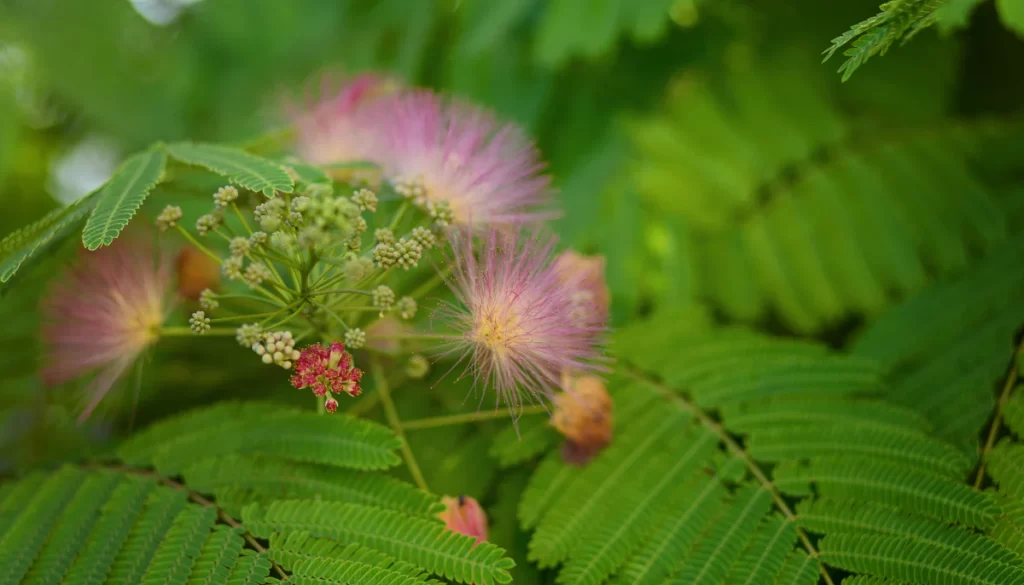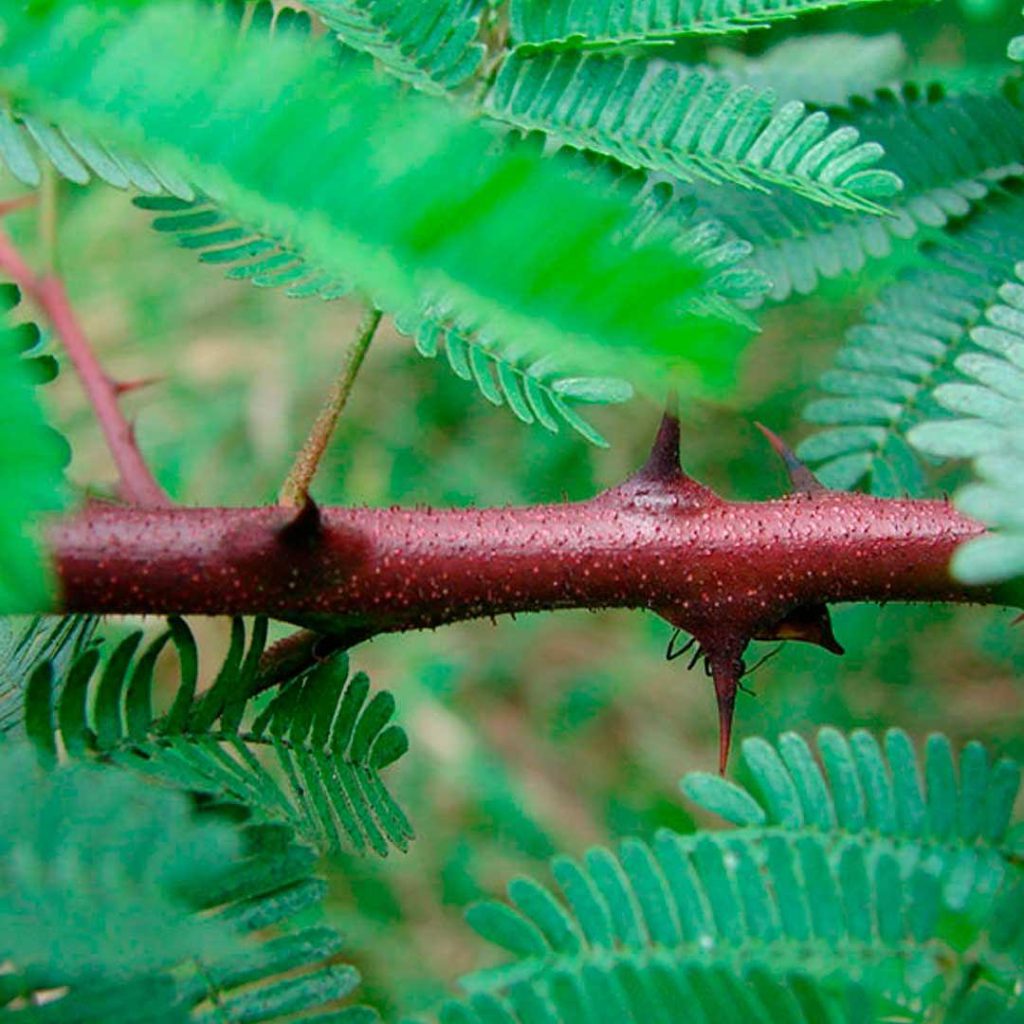The Jurema of Brazil
The cult of Jurema represents the deepest and most intimate value of the tribal ethnic groups of Northeast Brazil, distributed mainly in the States of Pernambuco, Alagoas, Bahia; among which are the Pankararu, Tusha, Guegue and Pimenteirahan.
The term Jurema primarily indicates the name of some psychoactive plants of the genus Mimosa widespread in Brazil; It is both the name of a drink that causes visions and of drinks that do not; It can also refer to a sacred forest or a place where certain rituals are performed, or even to a melody.
A particular characteristic of the Jurema cult of the natives is its secrecy. It is a mystery cult; The participants do not talk about it with those who do not directly participate.
No anthropologist managed to participate or know in detail what happens in the most intimate rites of the cult; The natives pay great attention to not divulging their secrets, not to other tribal groups, much less to the ‘whites’.

Traditional preparation of Jurema Wine
First, they file the root or bark of the Mimosa stem to prepare the drink. Among the Kariri-Xoko Indians, these bark chips are extracted from forest specimens by the “initiates”, the wise elders of the tribe, under strict fasting.
The bark is then cooked in water for a long period of time in a clay pot made especially for this task, until the drink acquires a thick consistency and a dark color (Mota and Barros, 2002).
Then, it is added to “cachaça” (a sugar cane distillate) or red wine.
The product is stored in dark containers, made of clay or glass, for a variable number of days. The final effect of the drink can vary greatly between different preparations.

History
This drink has been used by the indigenous tribes of Brazil in their cults since long before Portuguese colonization.
The oldest document so far known that refers with certainty to the jurema is from the inquisition, dated September 16, 1739, written at a meeting of the Council of the Missions of Pernambuco. This document notes:
“Means were sought to remedy the errors that have been introduced among the indigenous people, such as those of consuming certain drinks that they call Jurema, as a result of which they are deceived and victims of hallucinations.” (Medeiros, 2006, p. 8)
After a long history, in April 2011, the jurema drink was served to the governor of the State of Paraíba, who was visiting for an official meeting with local indigenous representatives in the small towns of Baia da Traiçao (Sousa e Nascimento, 2011).
The psychoactive drink is known as “vino da jurema”, by the Truka and the Kambiwa (Pernambuco State).
The Pankararu identify the drink as “ajucá”; The Atikum and the Kambiwa call it “anjucá”. Other groups call the drink simply “jurema.”
